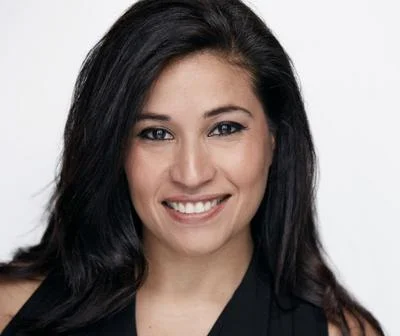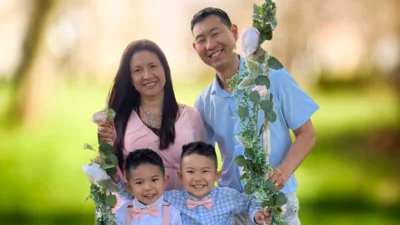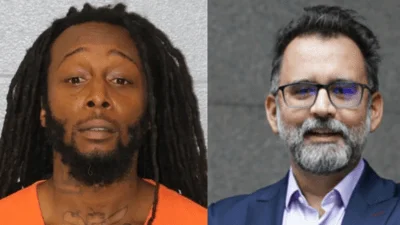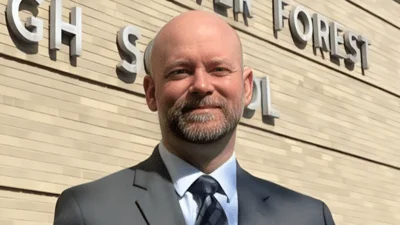Advocate Health Care issued the following announcement on Aug. 20.
Most breast cancers are fueled by the estrogen, progesterone or human epidermal growth factor (HER2). When tests point the finger at any of these receptors, then treatment aims to destroy the cancer by targeting them with hormonal therapies or HER2-targeted therapies often in addition to chemotherapy, surgery and radiation therapy.
But fr 10 to 20 percent of breast cancer patients, hormonal therapies or HER2-targeted therapies simply don’t work. That’s because their tumors don’t test positive for estrogen, progesterone or HER2. These patients have triple-negative breast cancer. While chemotherapy, surgery and radiation therapy are still options for them, their arsenal is less robust.
Triple-negative breast cancers are more common in younger women, African-American women and Hispanic women, according to the American Cancer Society. They also grow rapidly and are locally aggressive compared with most other types of breast cancer.
The diagnosis can be frightening, but understanding it can help a patient play a more active role in weighing treatment options.
Dr. Sandeep Chunduri, a hematology/oncology physician at Advocate Good Shepherd Hospital in Barrington, Ill., knows that knowledge is power. When he sees a new patient, his goal is to provide information, to listen and to answer questions. That holds true whether or not the cancer is triple negative.
“Education is absolutely important,” Dr. Chunduri says. “With the Internet and blogs, patients can be misled. So we spend a great deal of time on education.”
Dr. Chunduri suggests that breast cancer patients consider asking their doctors the following questions among others:
What type of breast cancer do I have?
What stage is the cancer? What’s the tumor size and node status?
What options do I have for treatment? Are surgery, radiation, endocrine therapy or chemotherapy among the options? Are clinical trials available?
Can I get a second opinion?
Is my cancer being discussed with the surgeon, radiation oncologist and medical oncologist? Is there a multidisciplinary approach?
What support programs are offered?
What are the side effects of therapy?
Are the side effects reversible?
What happens when I am done with everything? How is my cancer followed?
Do I need CT scans, bone scans or PET scans?
What types of breast surgeries are offered? Is reconstruction an option?
As for triple-negative breast cancer treatment, Dr. Chunduri says clinical trials are underway looking to add therapies such as immunotherapy or other novel agents.
Our Breast Health Assessment estimates your five-year and lifetime risks of developing breast cancer.
Original source can be found here.

Source: Advocate Health Care






 Alerts Sign-up
Alerts Sign-up